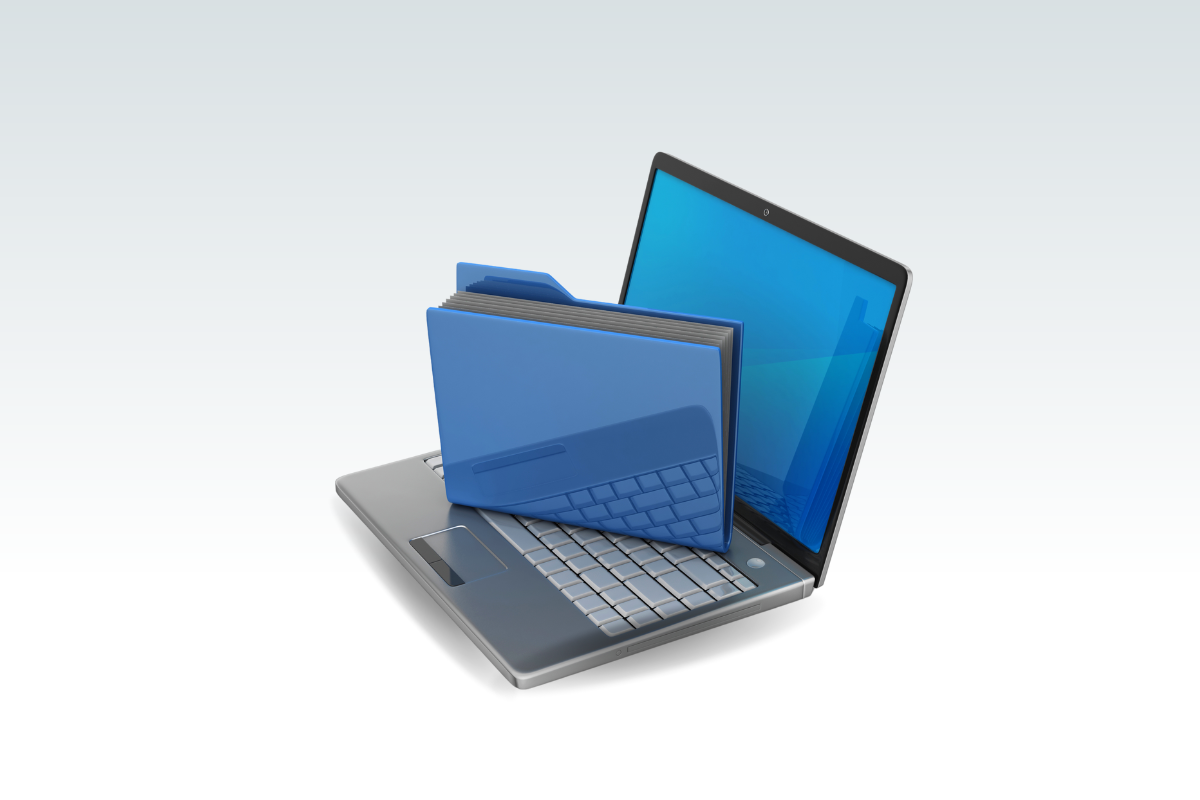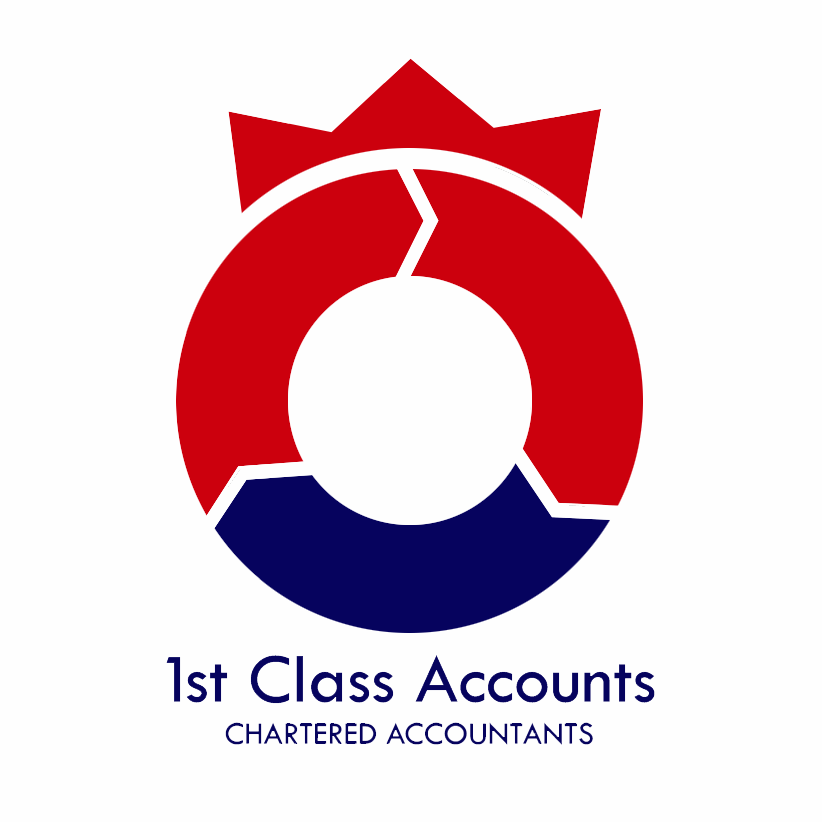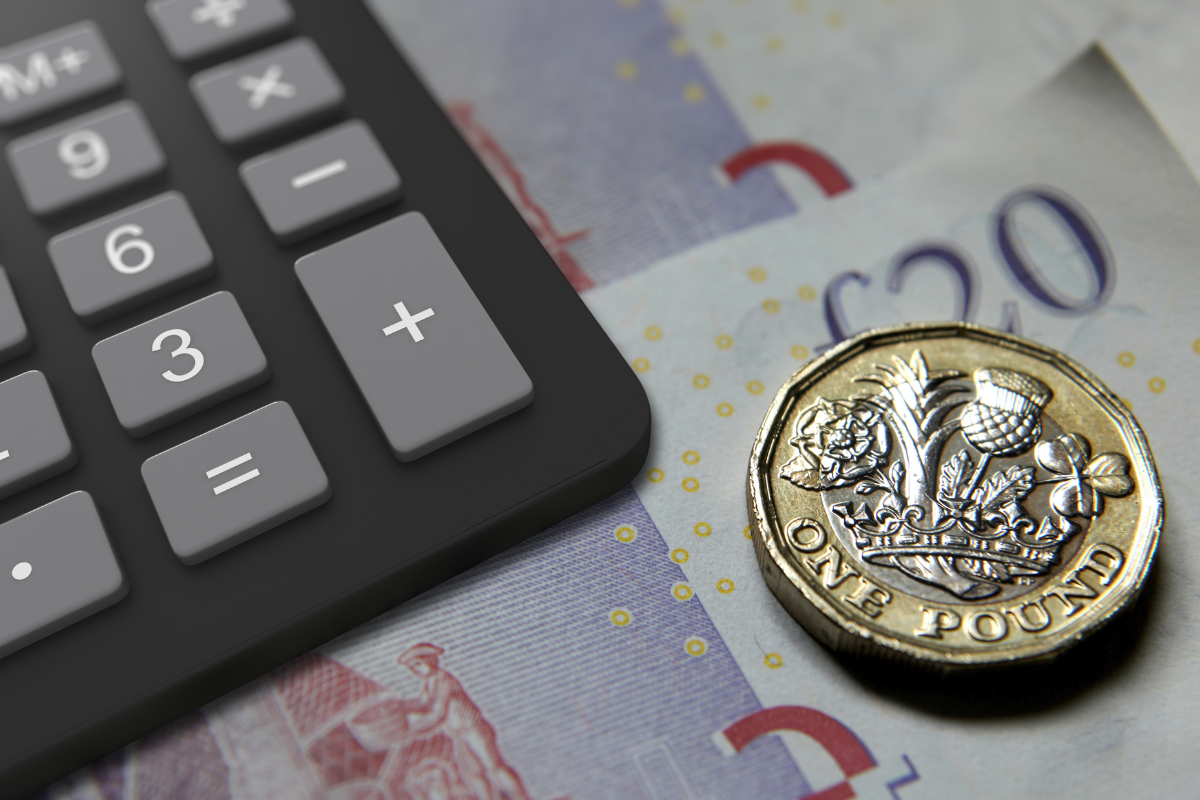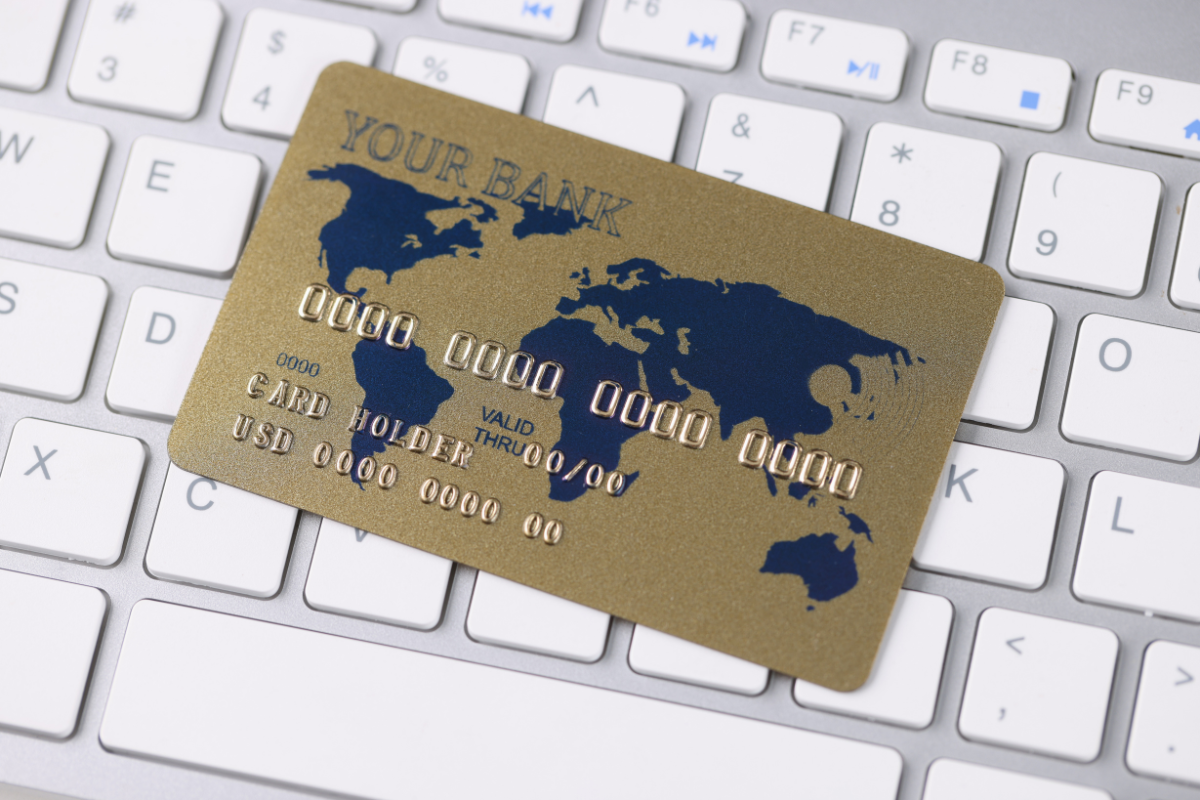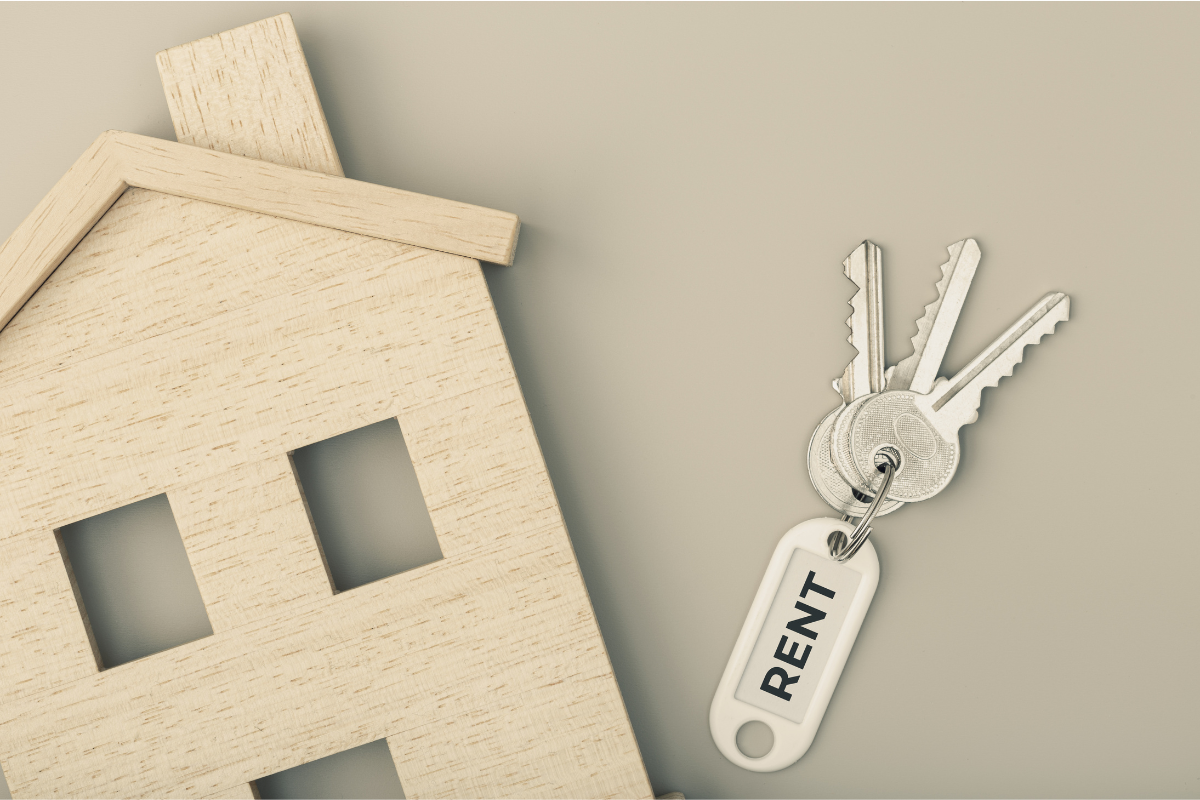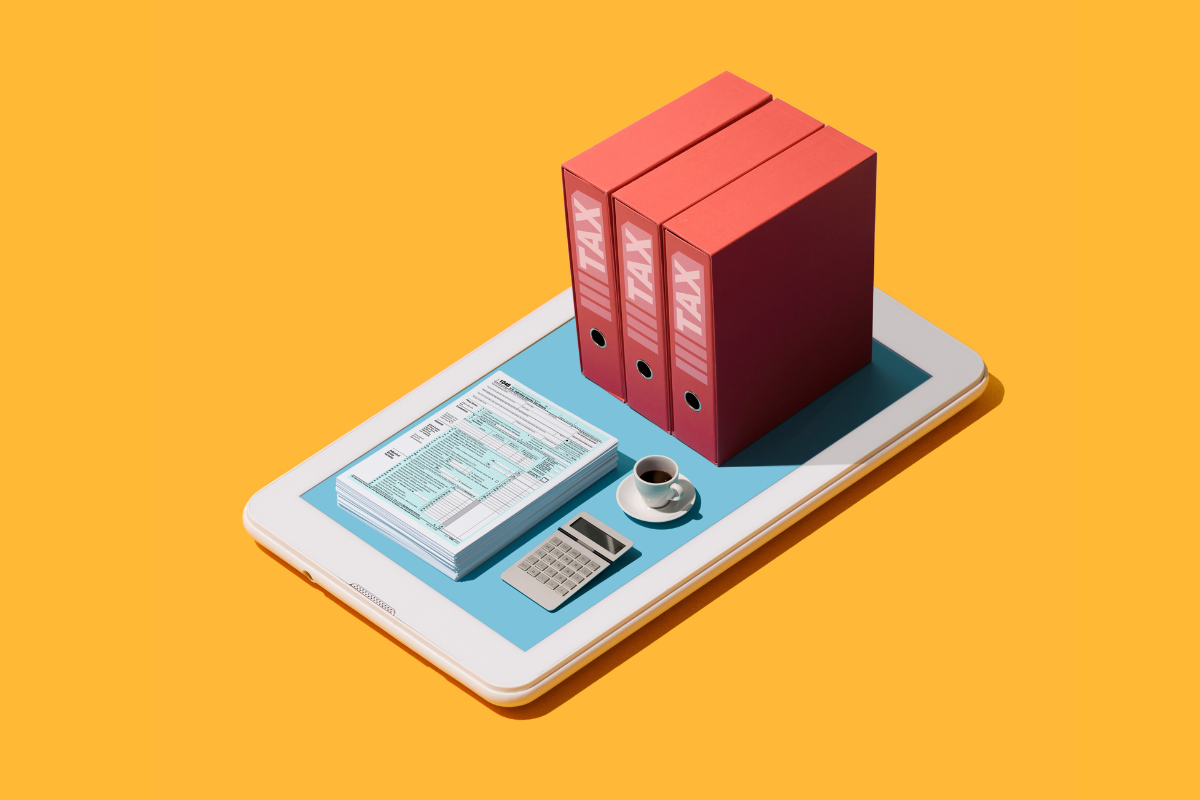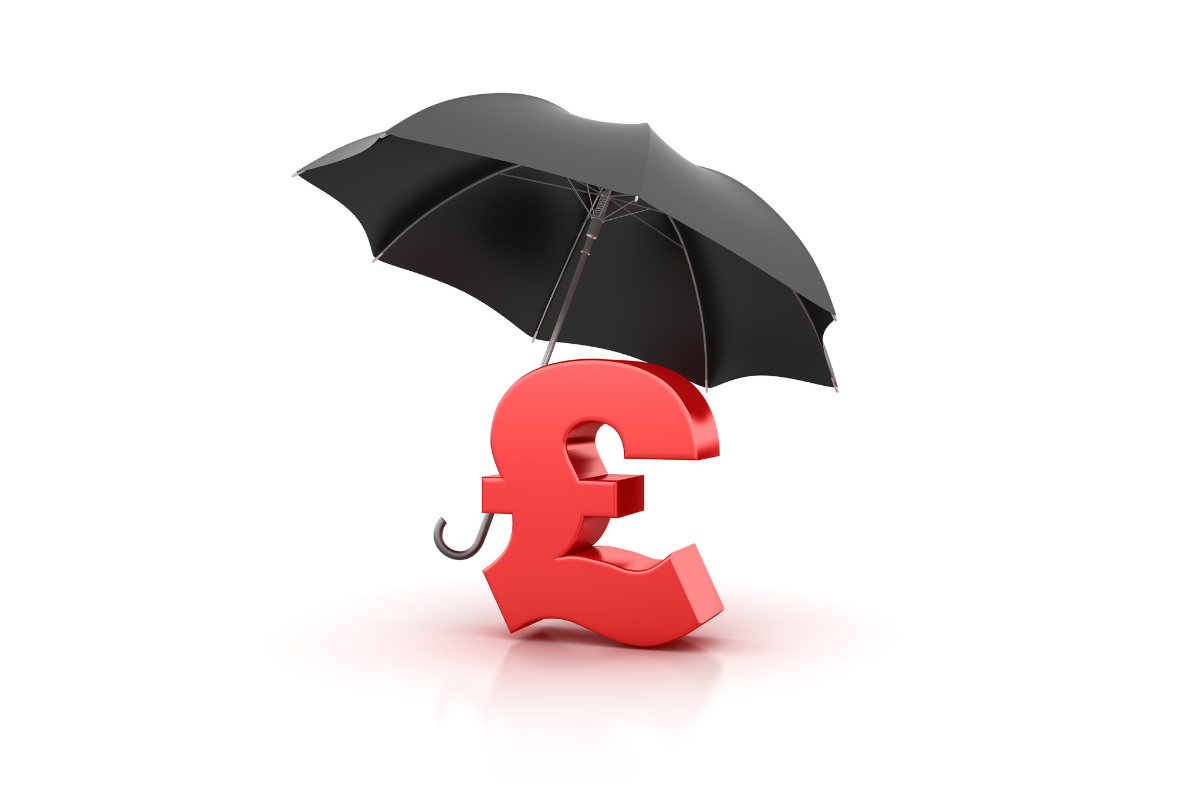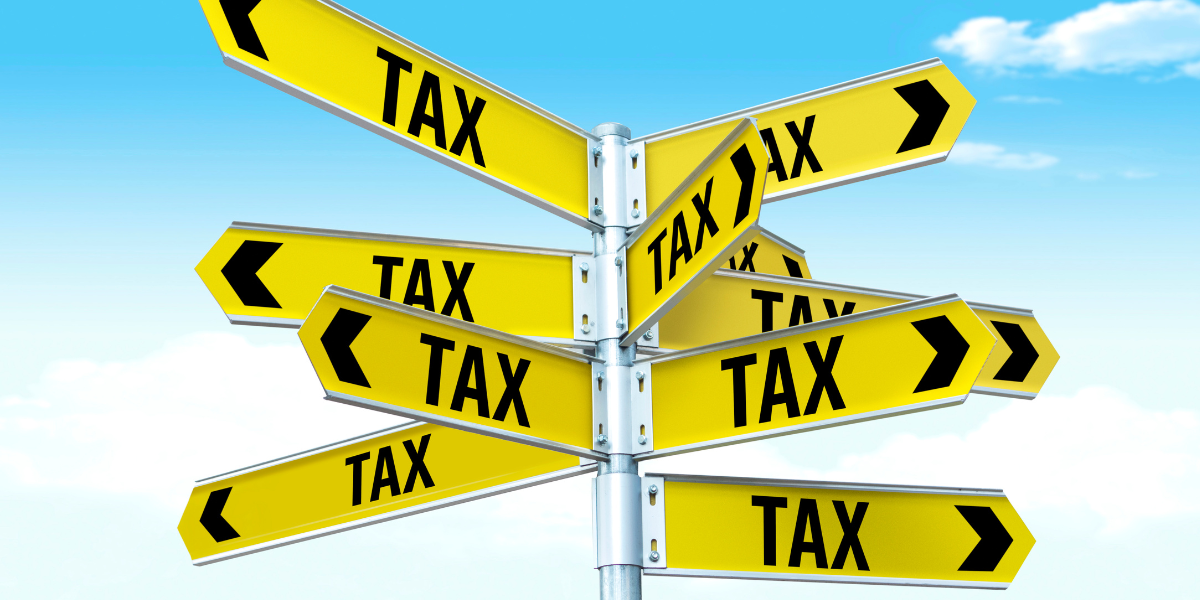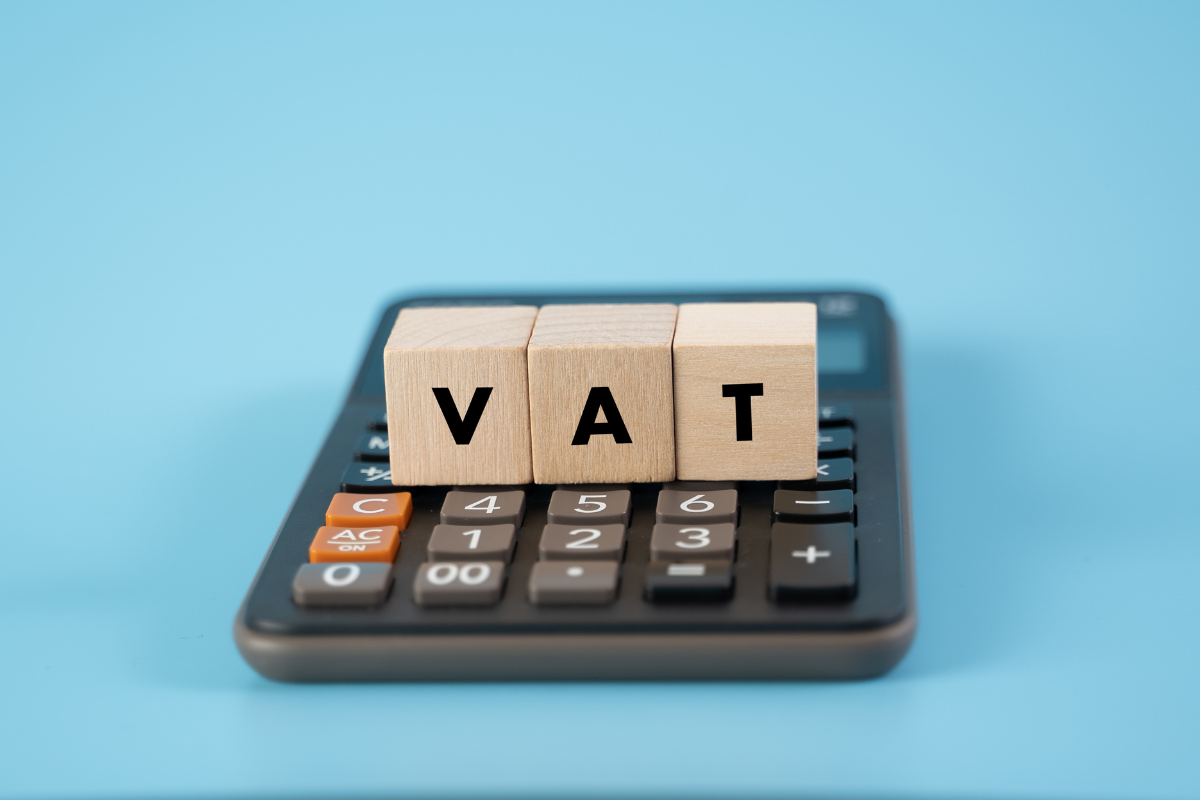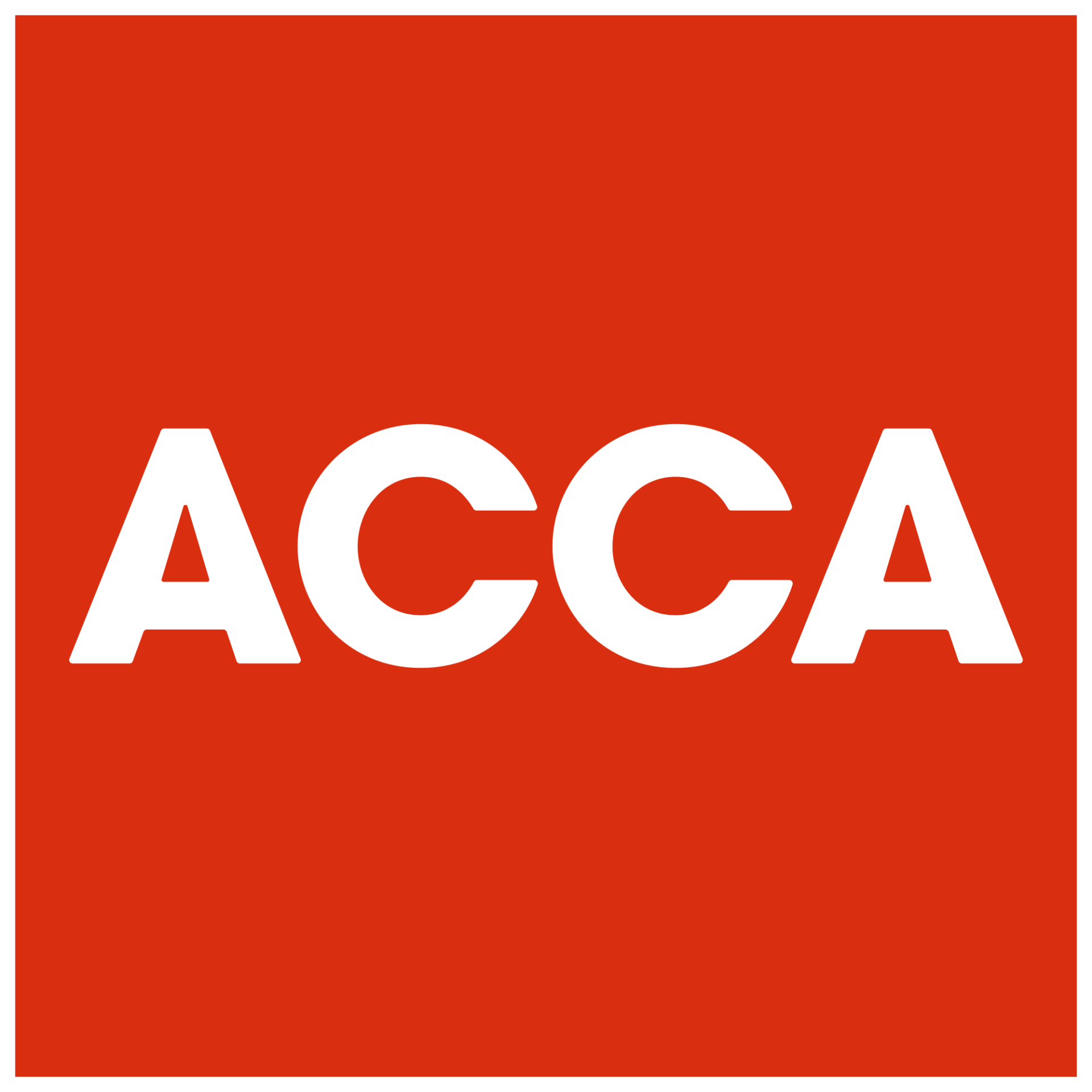The importance of receipts and invoices
What are receipts?
A receipt is a document which confirms a specific transaction has taken place. Receipts can be printed or be in digital form. Receipts are written proof that a purchase has been made in exchange for a good or service that has been provided to the buyer. Such receipts ensure that both the buyer and seller have evidence regarding a specific transaction, to keep as some sort of protection. Usually, a receipt contains a breakdown of the prices, product or service name, discounts, VAT amount, total amount due and the total amount paid.
Why are receipts important?
Maintaining a record of receipts for any business-related expenses that may have incurred can be critical for a company. When completing corporation tax returns, accountants or bookkeepers may require such receipts to ensure all transactions have been accounted for accurately. For any payments made via the business bank account, providing receipts can help accountants identify the sort of transaction incurred, to ensure the transactions have been correctly categorised as a business expense. This can help reduce the corporation tax liability as it will provide the ability to make the most of the expenses to claim. Similarly, receipts can prove to be pivotal especially for any business-related expenses that may have been incurred personally, which can be included in the accounts.
Moreover, receipts can come in handy when completing self-assessment tax returns, as it will help provide clear evidence of the expenses incurred, for example when declaring any rental expenses or any self-employment expenses. This will ensure individuals benefit from any additional expenses they can claim which will help result in a lower tax liability for the tax year. Additionally, receipts can be useful in circumstances whereby HMRC choose to investigate any accounts. They provide legal protection and clear evidence of all the expenses that have been claimed.
What are invoices?
Invoices are commercial documents which record a transaction incurred between a buyer and seller. There may be different forms of invoices such as a paper receipt, a bill of sale, or a sale invoice. Normally, invoices include the date of the transaction, the total amount due, the due date to make this payment, the type of payment method details, a description of goods and services provided, a breakdown of unit costs and the VAT element if the individual or company is VAT registered.
Why are invoices important?
Invoices are crucial in the business world as well as accounting. By keeping a record of all invoices, firms can benefit from legal protection in case the accounts are investigated by HMRC. For example, invoices form an essential foundation of all the sales incurred to help provide a better understanding of the goods and services provided. Invoices are also crucial when completing any corporation tax returns and VAT returns. Accountants will require such invoices as proof of income to ensure the right amount is accounted for and declared, e.g. the VAT element. Invoices can also help business owners to keep track of their debtors or any amounts owed to businesses or individuals, to enable them to run their company efficiently.
If you have any questions regarding this, please do not hesitate to contact us.
At your service!

